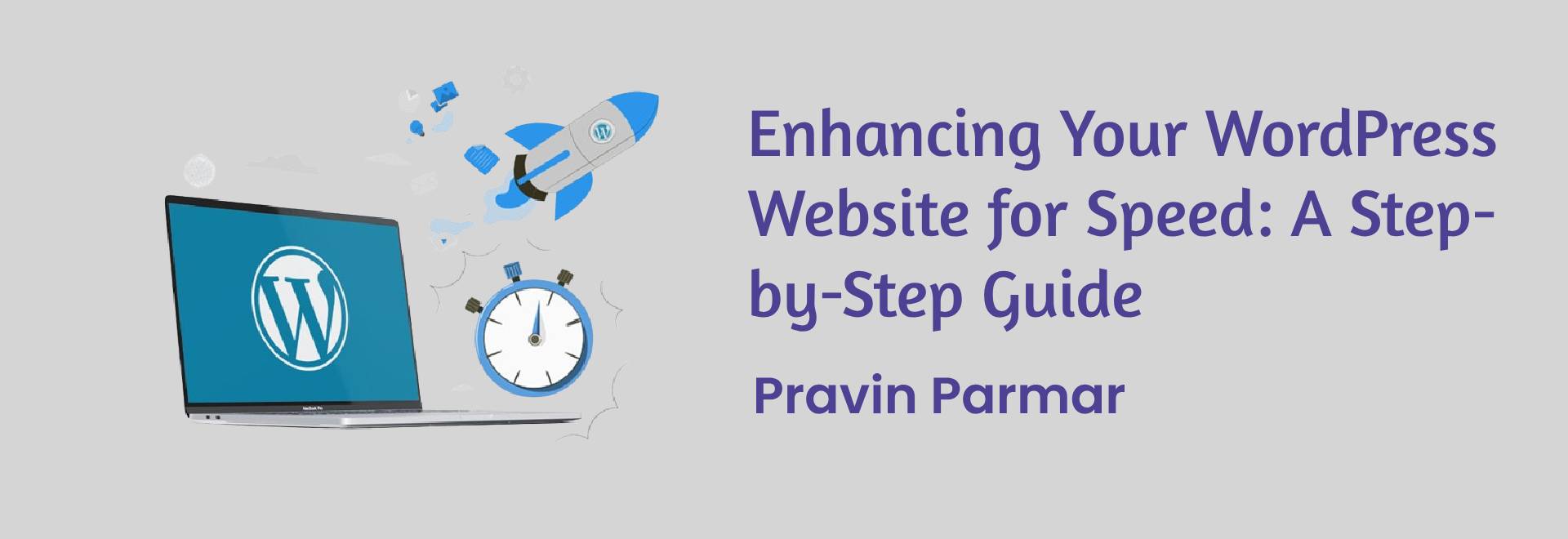
The basic summary of the significance of fast website speed for the user experience and the search engine position. The sentence states the frequent problems WordPress websites experience in order to make themselves faster.
Table of Contents
ToggleWhy Website Speed Matters
- The effect of the website speed on the level of user engagement, the number of bounce rates, and the conversions are explained.
- The main point of this text is the fact that Google puts speed as a ranking factor and how this affects SEO.
Website Speed Testing
- Start with the basics of various tools such as Google PageSpeed Insights, GTmetrix, and Pingdom.
- The presentation of the steps that you will be following in the usage of these tools to check your website’s speed performance.
Identifying Speed Issues
- Typically, speed issues in WordPress websites can be the result of several problems (e.g. \o/ ). g. Many users complain that WYSIWIG is unable to show the correct size of the images, many have problems with browser compatibility, the theme is outdated and it is full of plugins.
- What to do in order to find and set the priority of speed issues based on their effect.
Optimizing Images
- The necessity of correcting the images for web use is explained here.
- The methods such as using the correct image formats (JPEG, PNG, WebP), compressing images, lazy loading, and using CDN (Content Delivery Network) for delivering images are there to save bandwidth.
Minimizing HTTP Requests
- Explanation of HTTP requests and their impact on website speed.
- Strategies to minimize requests, such as combining CSS/JS files, reducing unnecessary elements, and using browser caching.
Choosing a Fast Hosting Provider
- Factors to consider when selecting a hosting provider for speed optimization.
- Comparison of different hosting options (shared hosting, VPS, managed WordPress hosting) and their impact on speed.
Optimizing WordPress Themes and Plugins
- Importance of choosing lightweight and optimized themes and plugins.
- Tips for evaluating and selecting themes/plugins for speed performance.
Implementing Caching
- Introduction to caching and its role in improving website speed.
- How to set up and configure caching plugins like W3 Total Cache, WP Super Cache, and WP Rocket.
Optimizing CSS and JavaScript
- Techniques for optimizing CSS and JavaScript files (e.g., minification, concatenation, asynchronous loading).
- Tools and plugins for automating these optimization tasks.
Mobile Optimization for Speed
- Importance of mobile optimization for speed and user experience.
- Strategies like responsive design, AMP (Accelerated Mobile Pages), and mobile-specific optimizations.
Regular Monitoring and Maintenance
- Importance of ongoing monitoring and maintenance for sustained speed optimization.
- Tools and techniques for monitoring website speed and addressing any new issues that arise.
Conclusion
Recap of key points for optimizing WordPress websites for speed. Encouragement for readers to implement these strategies for a faster and more efficient website. I am Pravin Parmar and I am a WordPress Developer who builds custom themes, plugins, and client websites. Let’s talk with me.
Frequently Asked Questions
UNLOCKING ANSWERS
Why is website speed important for WordPress websites?
Website speed is crucial for WordPress websites because it directly impacts user experience, search engine rankings, and overall website performance. Faster websites lead to lower bounce rates, higher user engagement, and better conversion rates.
How can I test my WordPress website's speed?
You can test your WordPress website’s speed using tools like Google PageSpeed Insights, GTmetrix, Pingdom, or tools provided by your hosting provider. These tools analyze various factors affecting your website’s speed and provide insights and recommendations for improvement.
What are some common speed issues in WordPress websites?
Common speed issues in WordPress websites include large image sizes, excessive HTTP requests, outdated themes and plugins, lack of caching, and slow hosting servers. Identifying and addressing these issues can significantly improve your website’s speed.
How can I optimize images for my WordPress website?
You can optimize images for your WordPress website by using appropriate image formats (JPEG, PNG, WebP), compressing images using tools like Photoshop or online compressors, implementing lazy loading to defer off-screen images, and using a Content Delivery Network (CDN) for faster image delivery.
What hosting provider is best for optimizing website speed?
The best hosting provider for optimizing website speed depends on your specific needs and budget. Consider factors like server performance, caching capabilities, support for WordPress optimization tools, and customer reviews when choosing a hosting provider for speed optimization.
What are the benefits of using caching for WordPress speed optimization?
Caching improves WordPress website speed by storing static versions of your web pages and serving them to users without generating content dynamically each time. This reduces server load, decreases page load times, and enhances overall website performance.
How can I optimize CSS and JavaScript for my WordPress website?
You can optimize CSS and JavaScript for your WordPress website by minifying and concatenating files, reducing unnecessary code, loading scripts asynchronously, and using caching plugins to optimize file delivery. These techniques help improve website speed and performance.
Is mobile optimization important for website speed?
Yes, mobile optimization is crucial for website speed as more users access websites from mobile devices. Implementing responsive design, optimizing images and content for mobile devices, using Accelerated Mobile Pages (AMP), and prioritizing mobile-specific optimizations can significantly improve website speed on mobile devices.
How often should I monitor and maintain my WordPress website for speed optimization?
It’s recommended to monitor and maintain your WordPress website regularly for speed optimization. Schedule regular checks using speed testing tools, monitor server performance, update plugins and themes, optimize images and content, and address any new speed issues promptly to ensure sustained speed optimization.